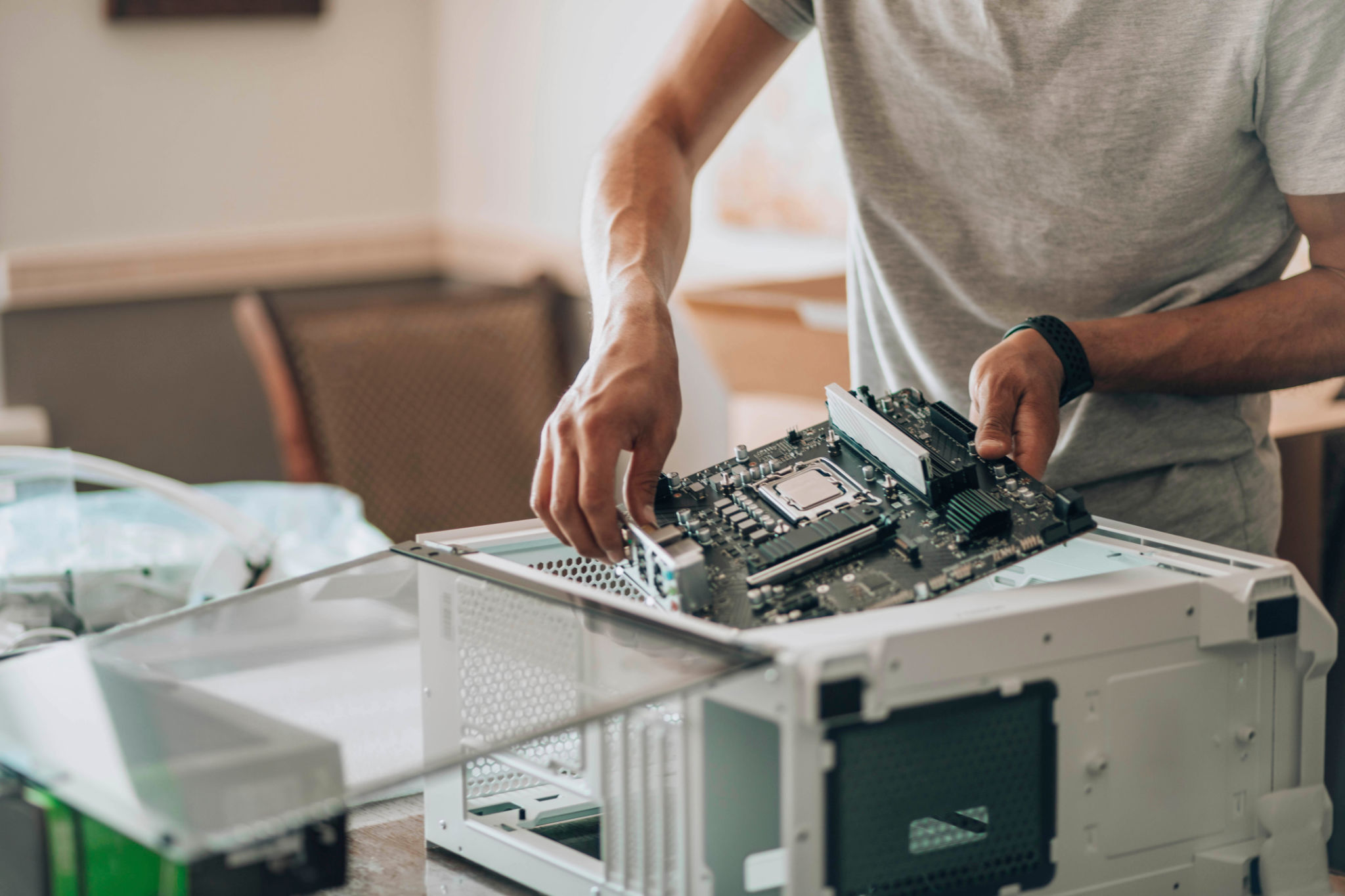Case Study: Successful Hardware Implementations in Local Businesses
Al
Introduction to Successful Hardware Implementations
In today's fast-paced business environment, integrating efficient hardware solutions can significantly impact a company's operations and productivity. Local businesses, in particular, can benefit from tailored hardware implementations that meet their specific needs. This case study explores several successful hardware implementations in local businesses, highlighting the strategies and outcomes achieved.

Understanding the Needs of Local Businesses
Before embarking on a hardware implementation project, it's crucial to understand the unique requirements of local businesses. These enterprises often operate with limited resources and need cost-effective solutions that provide maximum impact. By conducting thorough assessments and consultations, businesses can identify the hardware components that will best support their operations.
Key considerations include scalability, ease of use, and integration with existing systems. Local businesses often prioritize solutions that require minimal training and disruption to their daily activities. Ensuring that the chosen hardware aligns with these priorities is essential for a successful implementation.
Case Study 1: Retail Store Transformation
A local retail store sought to enhance its customer experience by upgrading its point-of-sale (POS) system. The store implemented a new POS system with integrated inventory management features, allowing for real-time stock updates and streamlined transactions. This upgrade not only improved checkout efficiency but also provided valuable insights into purchasing trends.

The implementation resulted in a 20% reduction in checkout times and a noticeable increase in customer satisfaction. Employees reported improved ease of use, leading to quicker adoption and reduced training time. This case illustrates the positive impact of investing in modern, integrated hardware solutions.
Case Study 2: Enhancing Productivity in a Local Office
A local accounting firm faced challenges with outdated hardware that slowed down daily operations. By upgrading to faster computers and implementing a centralized server system, the firm was able to enhance productivity significantly. The new setup enabled seamless data sharing and reduced downtime, allowing employees to focus more on client services.
The firm reported a 30% increase in task completion rates and a higher level of employee satisfaction. The centralized server also improved data security, which is a critical concern for firms handling sensitive financial information.

Key Takeaways from Successful Implementations
From the cases discussed, several key takeaways emerge for local businesses considering hardware upgrades:
- Assess Needs Thoroughly: Understand the specific requirements and pain points of your business before investing in hardware.
- Choose Scalable Solutions: Select hardware that can grow with your business to avoid frequent replacements.
- Focus on Integration: Ensure new hardware works seamlessly with existing systems to maximize efficiency.
By following these guidelines, local businesses can make informed decisions about hardware investments that drive success and growth.
Conclusion: The Path Forward
The successful hardware implementations highlighted in this case study demonstrate the potential for technology to transform local businesses. By carefully assessing needs, selecting appropriate solutions, and prioritizing integration, businesses can achieve significant improvements in efficiency and customer satisfaction. As technology continues to evolve, staying informed about the latest advancements will be crucial for maintaining a competitive edge.
